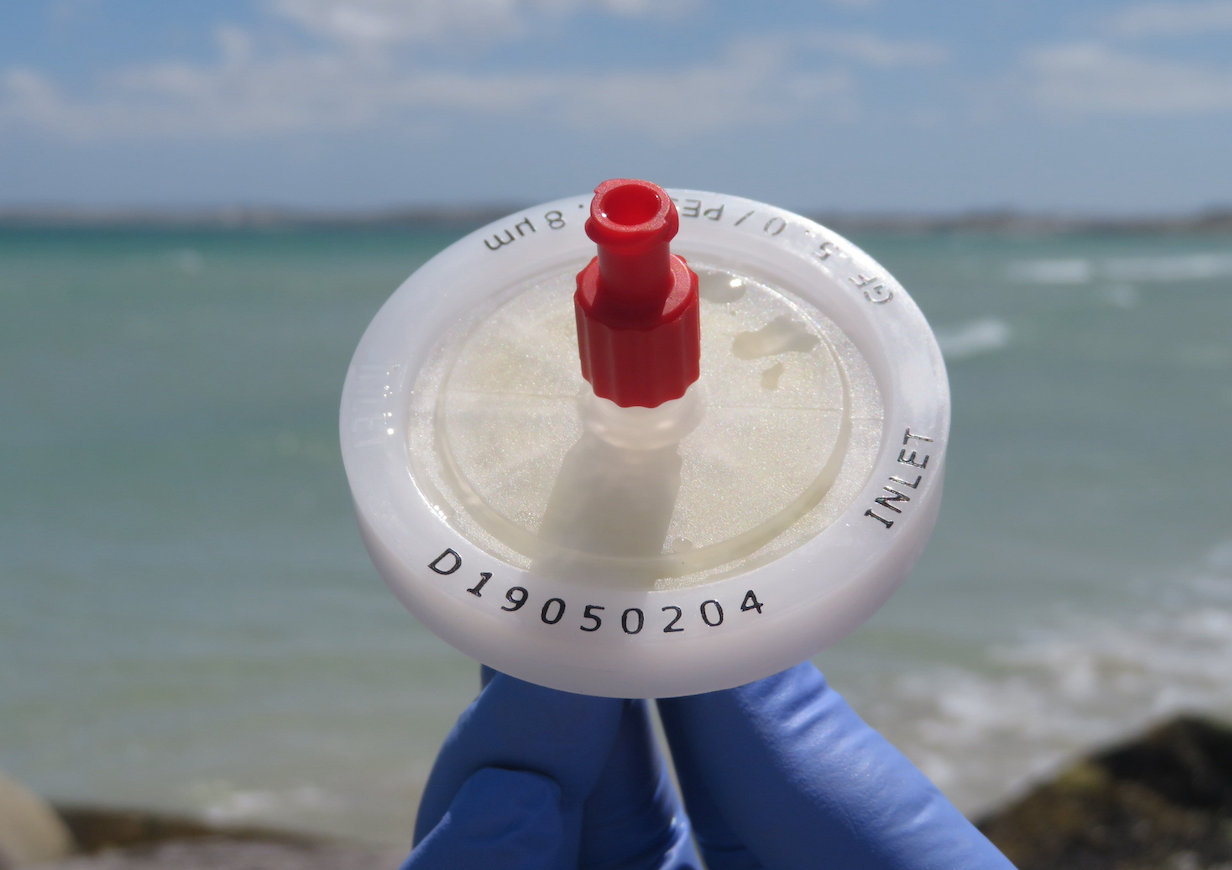Systemiq Capital’s new fund will invest in early-stage climate tech innovation to accelerate the transition to a more resilient, clean and just global economy

Systemiq Capital has announced the first close of its latest climate tech fund, which will invest in early-stage climate innovation companies after raising $70m of a total fundraising target of $200m.
Fund II will invest in around 25 companies across Europe and North America, focusing on businesses with the potential to drive systemic change in the four areas of sustainable food and materials, clean transportation, climate intelligence and finance, and climate restoration.
Systemiq Capital was founded this year by environmental think-tank Systemiq, former CEO of Unilever Paul Polman, and Systemiq partners Jeremy Oppenheim and Irena Spazzapan.
The company will build on the experience of Fund I, which was launched by Systemiq in 2018 and has since deployed $32m of capital into 19 climate tech companies, such as environmental DNA database company NatureMetrics and ZeroAvia, a pioneer in short-haul hydrogen aviation.
Speaking to Impact Investor, Spazzapan, who leads the company’s investment practice, explained that Systemiq’s fast growth, necessitated the creation of an independent investment practice.

She said: “The Systemiq advisory business has grown very fast over the last three years, so we decided we needed to have a standalone business to ensure an independent governance structure and avoid any conflict of interest. The investment decision-making mentality is also very different to the consultancy business model and having this structure, makes it much easier to operate independently.”
Investors who have committed capital to the fund so far, include, Lombard Odier, Swiss philanthropist Andre Hoffman, the Grantham Foundation for the Protection of the Environment, real estate investors Dara Holdings, Deutsche Post Foundation and several business leaders and private investors such as Stephen Brenninkmeijer, Mark Cutifani, Erik Fyrwald and Chad Holliday, some of whom had already invested in Fund I. The investment team hope to reach the fundraising target within the next 12 months.
More than just financing
The company said success for its investee companies depended not just on investment capital but also on giving them access to the founders’ and Systemiq’s wider eco-system. It said that enabling them to “access deep knowledge of the trends shaping their sector, support navigating the shifting international regulatory environment, and help in forging relationships with industry peers as well as partners across government and civil society,” was critical to scaling their positive climate impact and helping them to grow faster.
Spazzapan said: “The level of talent and innovation among climate tech entrepreneurs right now is immense but we know that, as they face the challenges of commercial scale up, their network of experts, advisors, peers and policy-makers can be as vital as the financing.”
Companies within the Fund I portfolio have raised an additional $350m and over a third of them have a female co-founder or CEO. Spazzapan said that although neither fund has or would actively target female founders, as a heavily female-led investment team “this happens naturally”. Fund II is targeting a return of 5x before fees.
Growing appetite for climate tech
According to Systemiq Capital, climate tech now accounts for 14 cents of every dollar of venture capital invested and investment into climate tech business is continuing to accelerate. The company also cited a PWC report, which revealed that $87.5bn was invested into climate tech businesses over H2 2020 and H1 2021, representing a 210% increase from the $28.4bn invested over the previous 12 months.
Spazzapan said that appetite for climate tech investment continued to grow with new funds and climate-related businesses entering the market, but that their own investors had told them that they were filling a gap in the investment landscape.
She added: “We fill a specific gap, acting as a strong connector for top-founders who go after difficult climate problems and need strong strategic partners to give them a platform to reach world leaders in business, policy and generally, in climate. The typical VC is usually very helpful on an operational level, but we fill the gap at the top level as a vehicle for impact amplification.”






